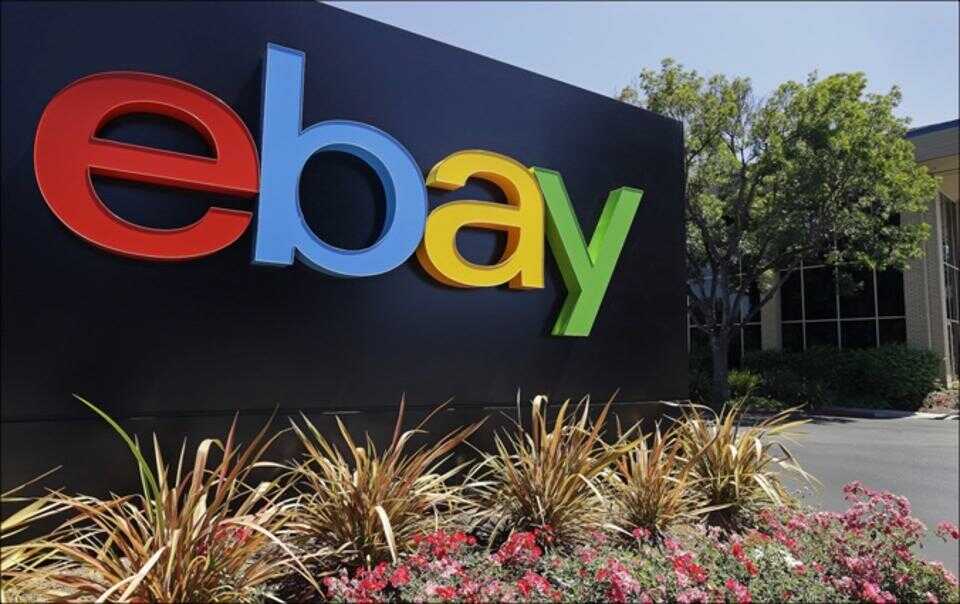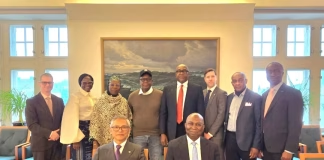For a long time now, there has been growing interest in Nigeria as the fasting growing African nation. Lagos state alone is now the sixth (6th) largest economy in Africa worth $131bn GDP and third (3rd) largest mega city in the world behind Mumbai and Tokyo. The pace of this growth has been astonishing and mirrors the growth of the Country itself, with the Nigerian GDP rocketing from $166 in 2006 to $296 in 2017; making up around 20% of the GDP for the entire African content. This growth is despite a fall in GDP over the past couple years due to the severe drop in crude oil prices.
The figures speak for themselves. There is no question about the wealth of opportunities for growth and investment in the Nigerian economy; it is more a question of which sectors to invest in. Nigeria has a thriving telecoms industry and Government is working hard to support areas such as manufacturing and infrastructure; however one sector of particular interest is Retail. With a middle class that accounts for approximately 23% of the population and is estimated to have a combined buying power in excess of $28 billion USD, as well as more and more large brands entering the Sub-Saharan market through Nigeria (UK Toy shop Hamleys being one example), the Retail market has made significant leaps and is still growing; fast. Despite the economic recession, the Global Retail Development Index says Nigeria’s retail sector made a national sale of N38tn ($125bn) in 2016, the highest retail sales in Sub-Saharan Africa in that year.
Formal retailers are gaining ground in the Nigerian market through foreign investors, such as the South African big-box chains Shoprite and Game. The number of malls in Lagos has also increased over the past 12 years since the opening of the first-ever Nigerian Mall, Palms Shopping Centre, in 2005. However, it is important to realize that 95% of the retail market is still informal, and this section of the market purchases and sells more homeware and giftware items than all the big retailers combined, an estimated 1BN Naira each day.
Both these informal and formal retailers are seeing a marked increase in demand for international products from consumers that have increased buying power and want international brands thanks to internet and social media awareness. A large chunk of the sector, around 40% of these, do not currently travel to attend any large international retail fairs, leaving companies from Countries such as China, India, Turley, Indonesia, Japan, Italy and Taiwan with no alternative but to start penetrating the market at a local level by sending reps to meet directly with this massive number of buyers. In response to this increase in demand and the untapped opportunities of the informal segment of the market, the Retail Council Nigeria (RCN), National Association of Market Women and Men of Nigeria (Informal retailers association) and Government agencies have teamed up with a local exhibitions organiser with international reach (Clarion Events West Africa) to organise the home décor and giftware Nigeria expo.
“The formal retail market has witnessed unprecedented growth in recent years largely owing to the injection of international brands from Countries such as China, India, Italy and UK into the Nigerian market. RCN Members are eager to make new connections with international manufacturers and network with stakeholders from both the formal and informal market”, Asiwaju Solomon Kayode Onafowokan, President, Retail Council of Nigeria (RCN), Chairman, Chellarams plc and Past President, Lagos Chamber of Commerce and Industry (LCCI).
The exhibition, set to hold from 14 – 16 November 2017 in Lagos, Nigeria has already gained international support with confirmed Country Pavilions from South Africa, Turkey and India. Over 4000 informal and formal retailers are expected to attend to meet with 100+ international and local suppliers and distributors of homeware, furnishing, interior décor, textile and gift items.












